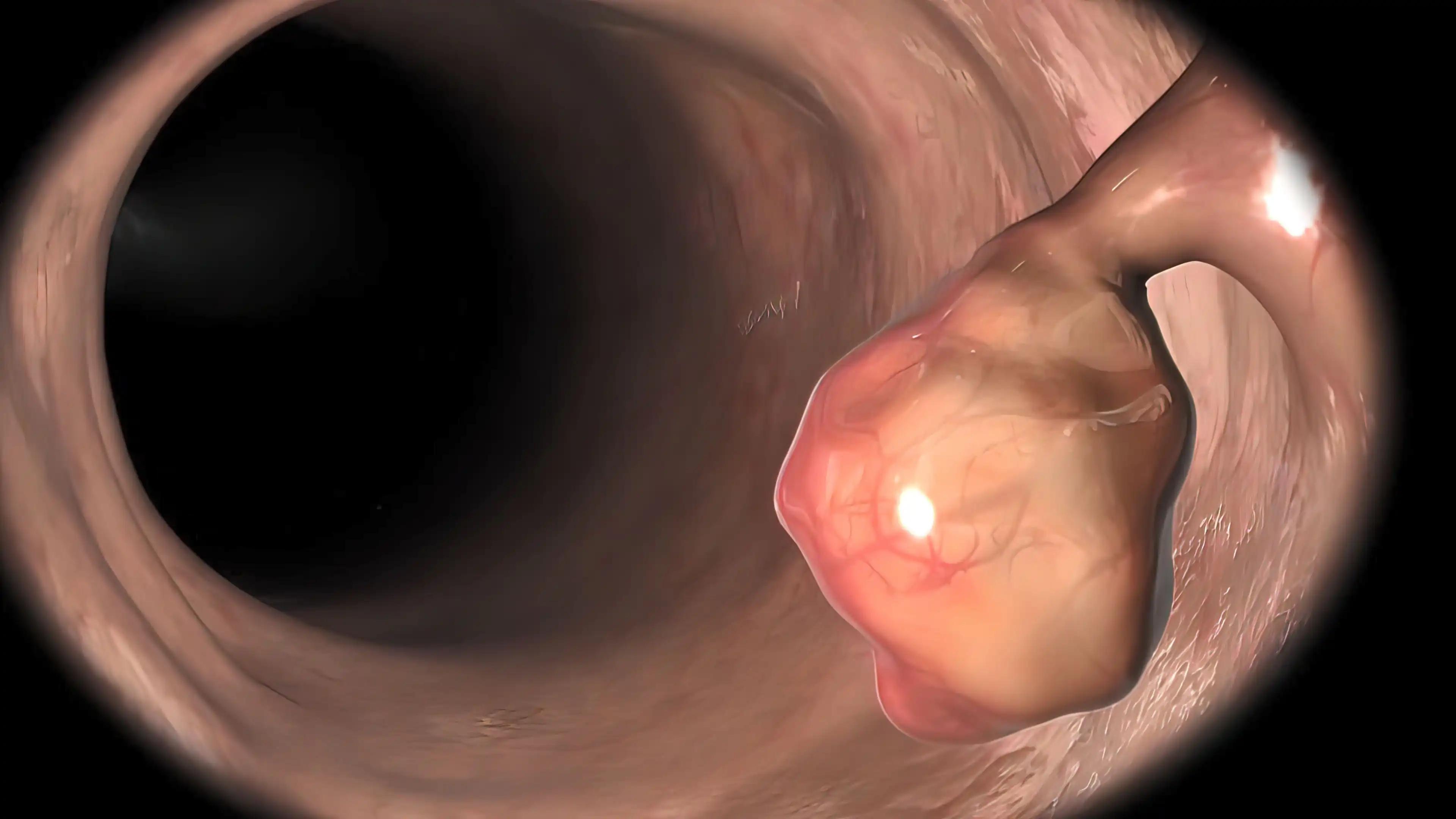KEY TAKEAWAYS
- The TASKIN phase 1/2 trial aimed to determine the efficacy of TA-102 with XB2001 for patients with mCRC.
- The primary endpoints were safety and tolerability.
- FTD-TPI plus XB2001 and bevacizumab demonstrated promising safety profiles and efficacy in chemorefractory metastatic CC.
The standard third-line treatment for metastatic colorectal cancer (mCC) includes trifluridine/tipiracil (FTD-TPI) and bevacizumab. IL-1α, associated with CC cells, is linked to poor prognosis. FTD-TPI depletes tumor-associated macrophages and induces IL-1 release by dying macrophages and monocytic myeloid-derived suppressor cells.
Nicolas Roussot and colleagues aimed to evaluate the combination of TAS-102 with XB2001, an IL-1α monoclonal antibody, for enhanced therapeutic efficacy in patients with mCC.
Researchers analyzed patients with chemorefractory mCC after failing oxaliplatin, irinotecan, and fluoropyrimidine were enrolled. Patients received XB2001 (250 mg to 1000 mg every 2 weeks) plus FTD-TPI (35 mg/m²). A protocol amendment added bevacizumab. This report focuses on the phase 1 dose-escalation cohort, with primary endpoints being safety and tolerability.
The results showed that 17 patients were enrolled until March 2024, with 4 (24%) receiving bevacizumab. No dose-limiting toxicity was observed. Grade ≥ 3 treatment-related adverse events (TRAEs) occurred in 3 patients (17%), with the most common TRAEs being nausea (47%), diarrhea (29%), thrombopenia (29%), anemia (23%), and neutropenia (23%). Only G3-4 TRAE was neutropenia (17%).
The PK profile of XB2001 showed that AUC increased with dose level. Saturation of the target and stable plasmatic concentration reached 1000 mg. CT scans showed tumor shrinkage in 10 patients (59%). Partial response (PR) was seen in 3 patients, with stable disease (SD) in 12, achieving an 88% disease control rate (DCR) for up to 17 months.
The IL-6 levels decreased in 12 of 16 patients, with better response and longer PFS linked to lower IL-6 or anti-NY-ESO1 immune response. Baseline CD8/PD-L1 infiltration was associated with better outcomes.
The study concluded that FTD-TPI plus XB2001 and bevacizumab showed acceptable safety and promising efficacy in chemorefractory metastatic CC. The research progresses to a randomized phase 2 trial comparing FTD-TPI and bevacizumab with or without XB2001.
The trial was sponsored by Centre Georges Francois Leclerc.
Source: https://cslide.ctimeetingtech.com/esmogi24hybrid/attendee/confcal/show/session/3
Clinical Trial: https://www.clinicaltrials.gov/study/NCT05201352
Roussot N, Thibaudin M, Burlot C, et al. (2024). “Phase I dose-escalation study of trifluridine/tipiracil plus XB2001 and bevacizumab in chemorefractory advanced colorectal cancer: The TASKIN study.” Presented at ESMO GI 2024. (54P).



